Roundtables
Simple strategies, such as simplifying screening language, can help practitioners meet patients where they are.
Annual wellness visits are an important strategy to increase early detection because these visits are covered by Medicare.
Panelists call on fellow healthcare practitioners to create progress in reducing disparities in T2D over the next decade.
Experts discuss strategies for system-level changes to improve multidisciplinary collaboration and improve diabetes outcomes.
Julie Zissimopoulos, PhD, highlights population-level data on the burden of late diagnosis in the United States.
The panel explores the impact of health disparities on heart and kidney complications of T2D.
Short-term solutions, such as telehealth, may reduce barriers, but long-term policy solutions are needed.
Social determinants of health can create barriers to referrals, diagnostics, and treatment for type 2 diabetes.
Monique Nugent, MD, MPH, explores key access issues that are driving disparities in Alzheimer’s disease diagnosis.
A multidisciplinary panel shares how social determinants of health impact patient care in their respective practices.
Panelists discuss the importance of cultural-specific data to improve detection and diagnosis of Alzheimer's disease.
A panel focused with in-depth knowledge of Alzheimer's disease discusses how to achieve equity in disease management.
A panel of experts talk about the importance of advocating for patients and families battling Alzheimer's disease.
A panel explains how to navigate cultural differences to provide Alzheimer’s disease–-specific care.
A group of panelists discuss the deleterious impact of a lack of representation on treating Alzheimer's.
A panel of experts delve into the importance of making an early diagnosis of Alzheimer's disease.
An expert panel details the challenges of navigating an Alzheimer's disease diagnosis.
A panel characterizes, and discusses misunderstood aspects of Alzheimer's disease.
The panel discusses how health care providers can be allies in addressing disparities in allergy care.
Panelists discuss how health care providers can lead the conversation to improve food allergy safety in communities.
The panelists discuss how health care providers can get involved in creating allergy action plans and kits.
Anxiety regarding accidental allergen exposure may create stress for patients and affect their quality of life.
Disparities in health education on safe exposure to allergenic foods may influence food allergy incidence.
Panelists discuss how physicians and allergists can distinguish between food intolerance and anaphylaxis.
The panel shares perspectives on how climate change will impact community immunity and access to care.
Panelists offer their perspective on the use of telehealth in the care of individuals with HIV.
Panelists discuss the burden of mental health and substance use disorders on individuals living with HIV.
HIV physicians reflect on how delivering accurate and timely information and treatment for patients newly diagnosed with HIV.
HIV physicians discuss building trust with their patients to alleviate the burden of stigma in the health care setting.
Panelists discuss how health care policy, education, and insurance coverage impact access to HIV prevention.
Panelists discuss HIV prevention options and new drug developments that could improve prevention.
Advertisement
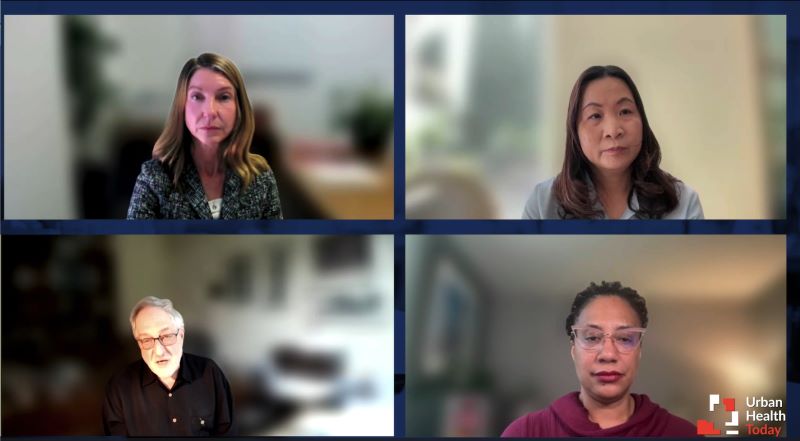
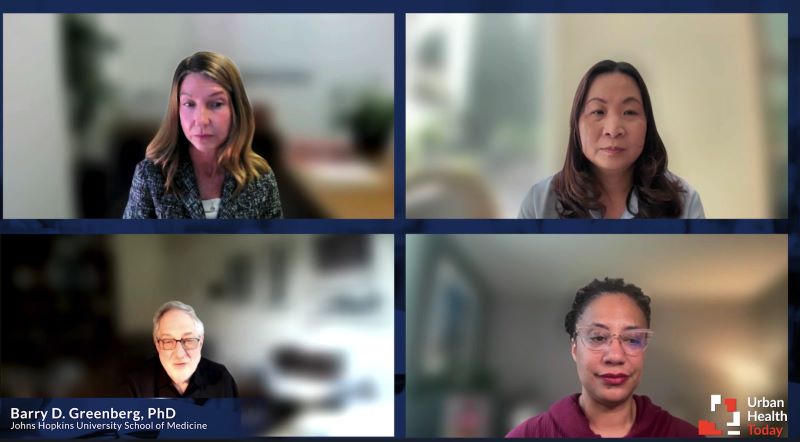




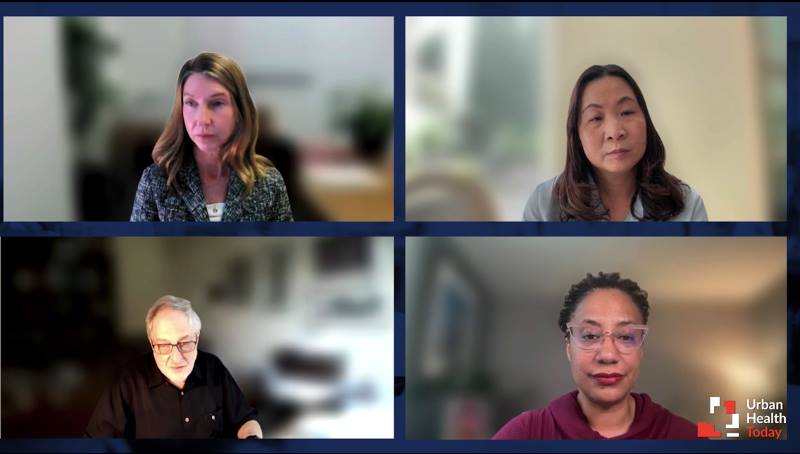



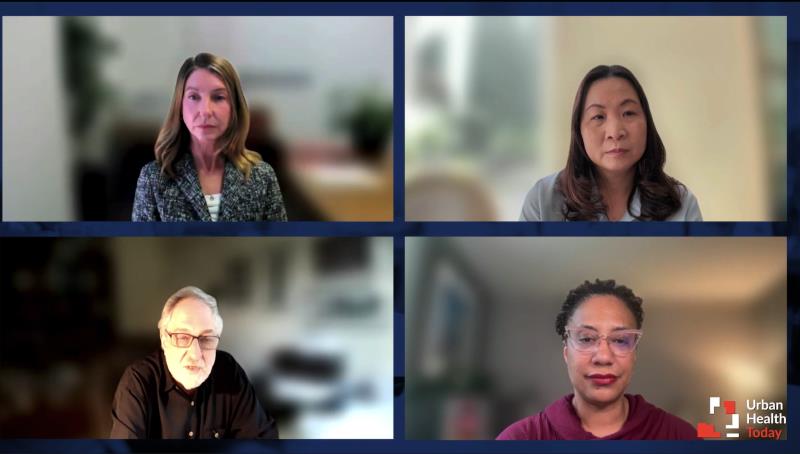













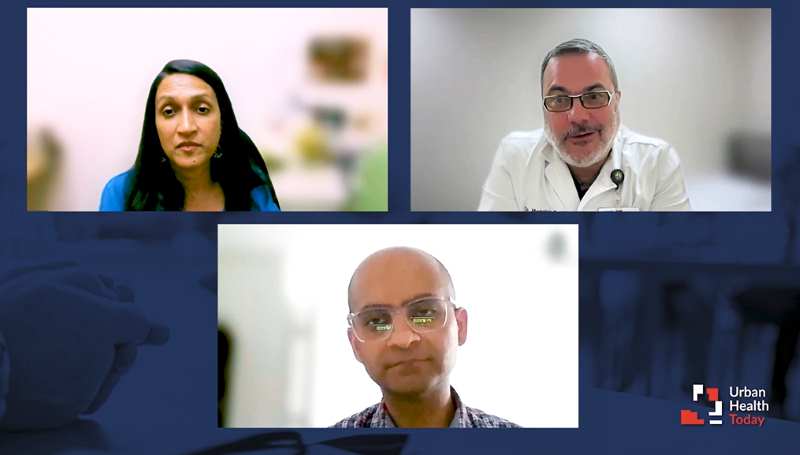




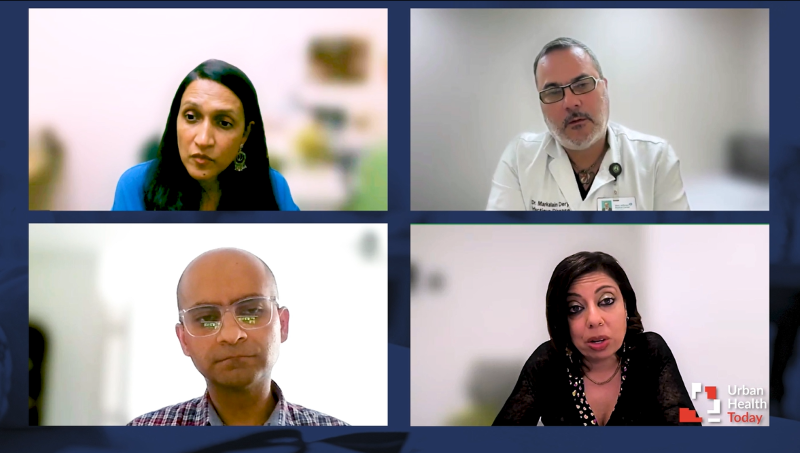
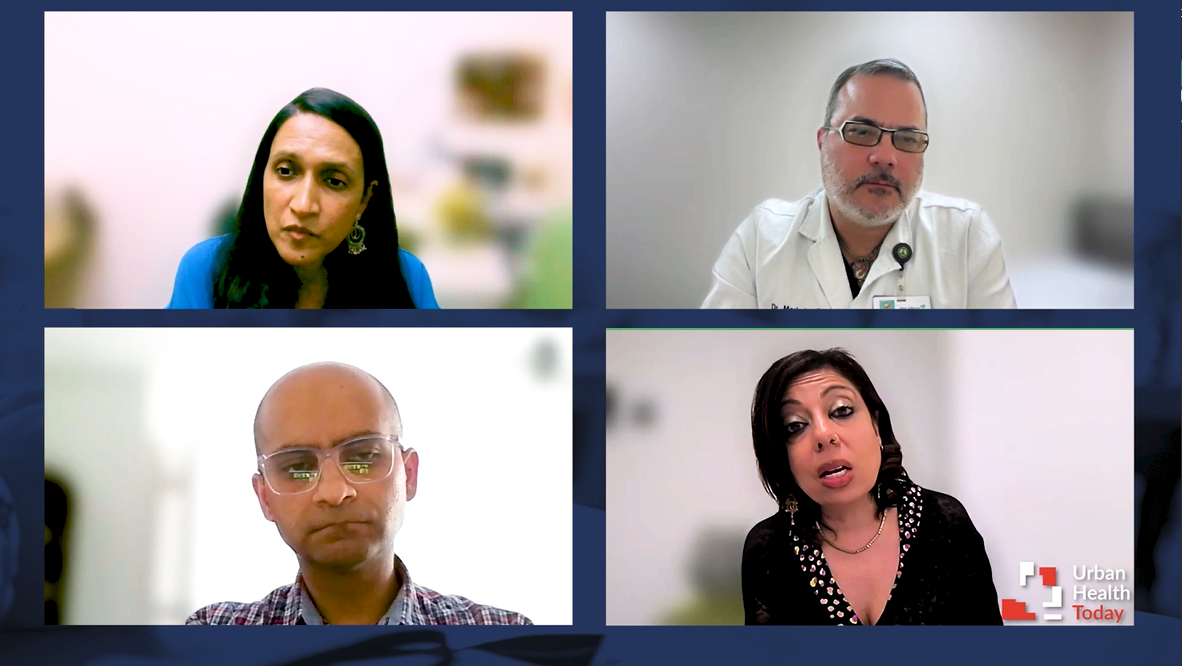

 © 2025 Mashup Media, LLC, a Formedics Property. All Rights Reserved.
© 2025 Mashup Media, LLC, a Formedics Property. All Rights Reserved.